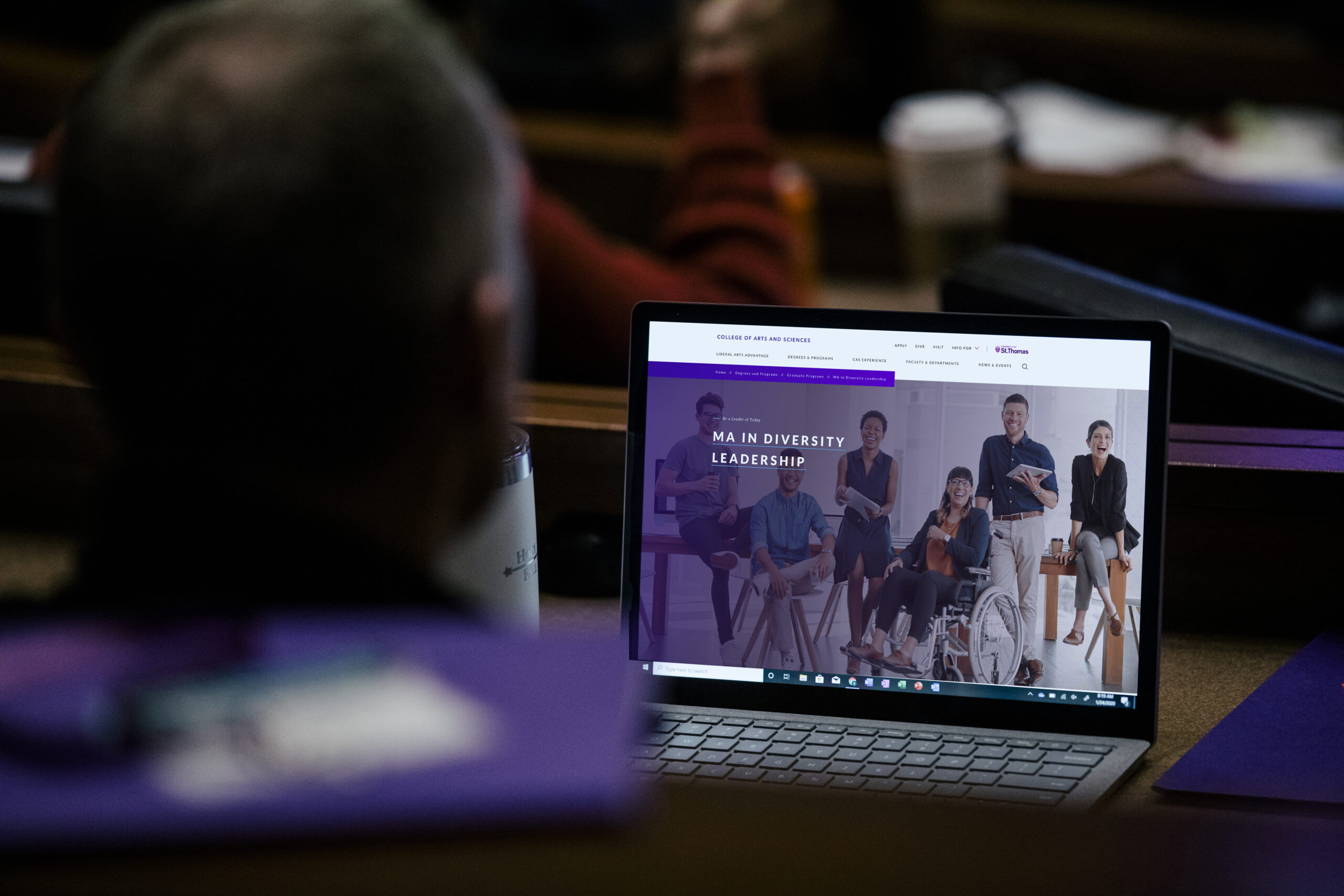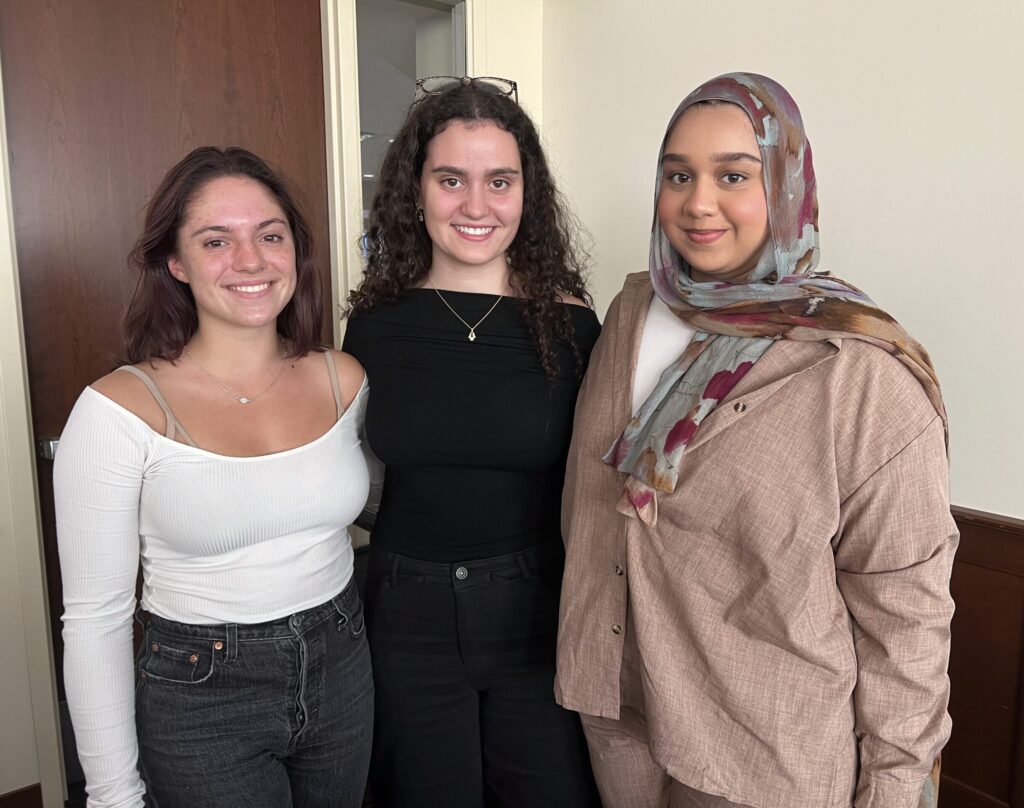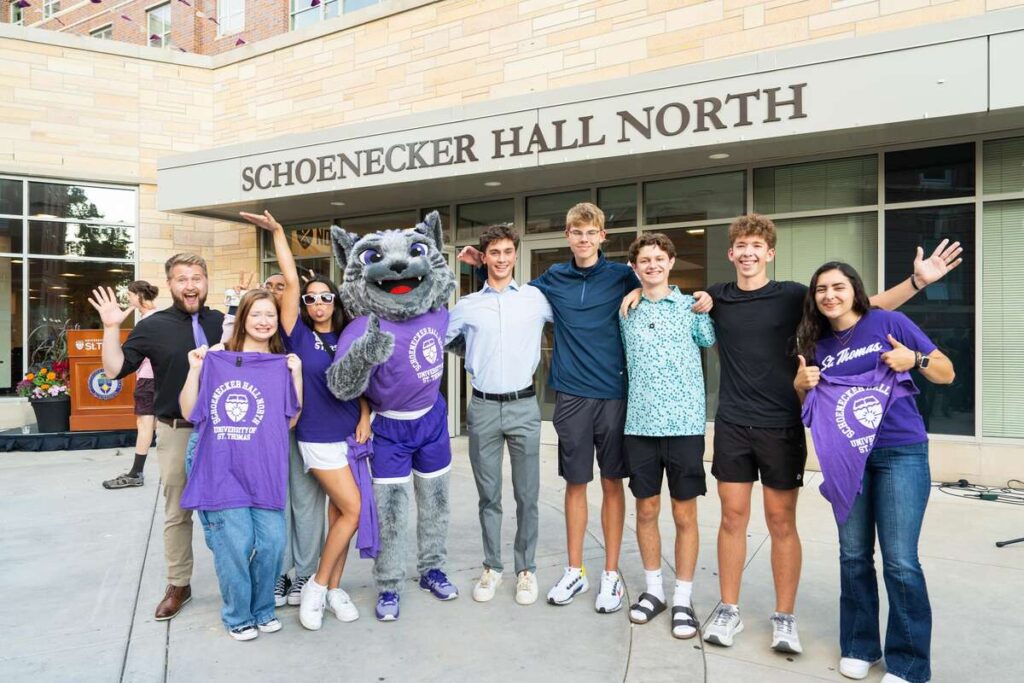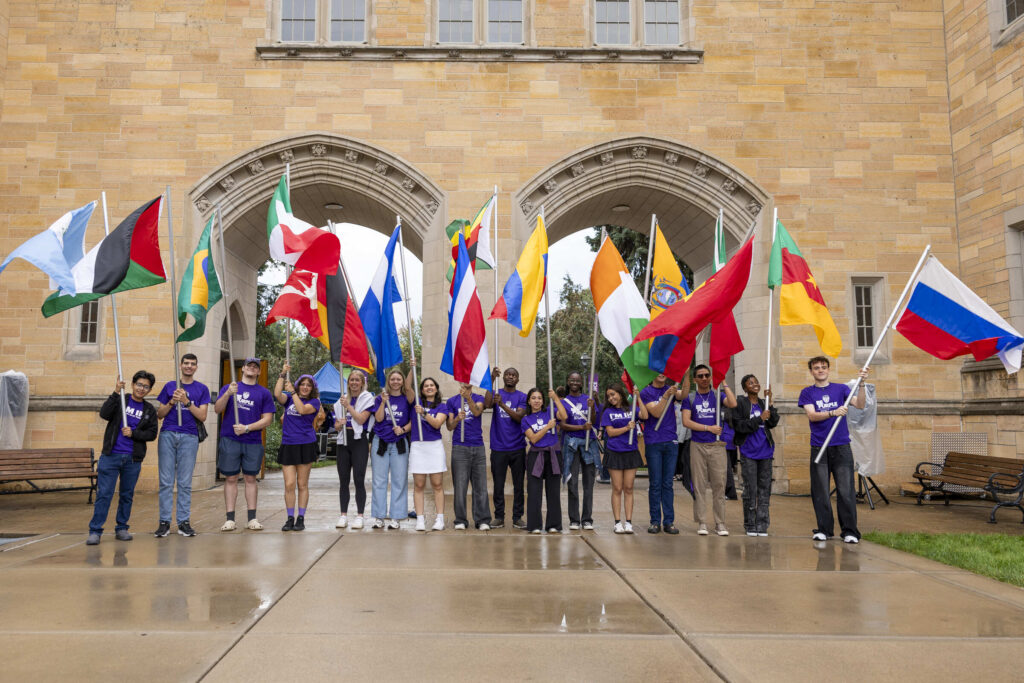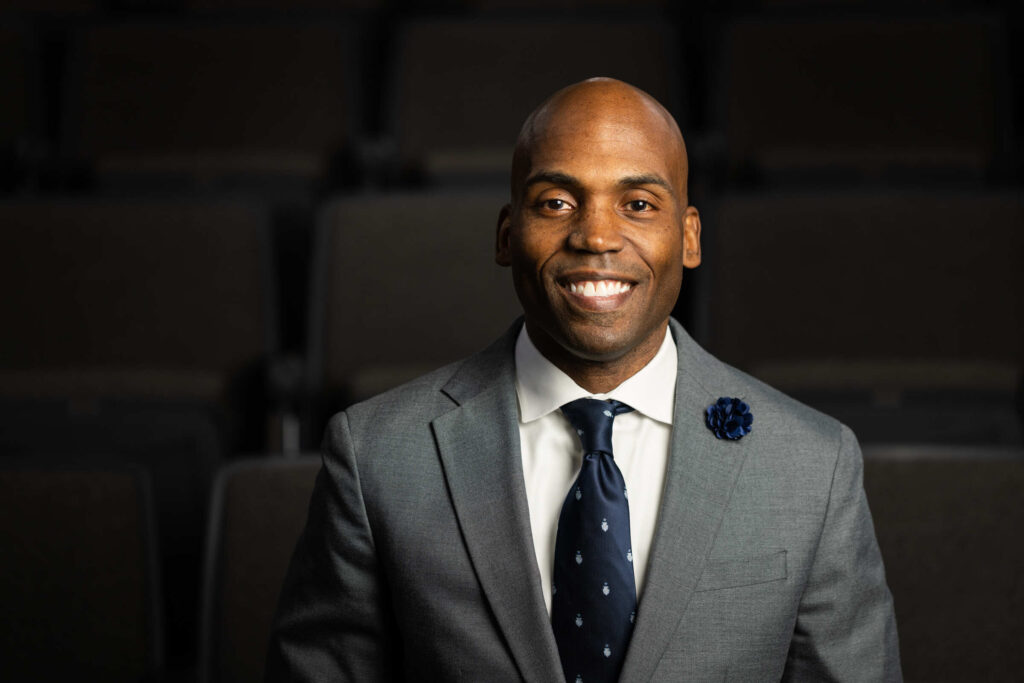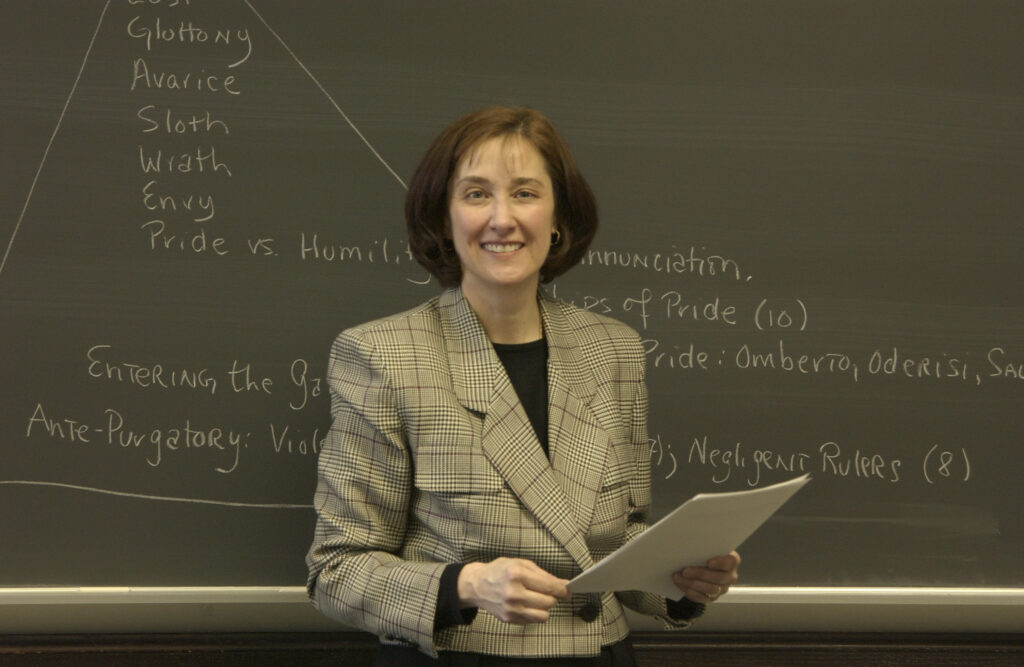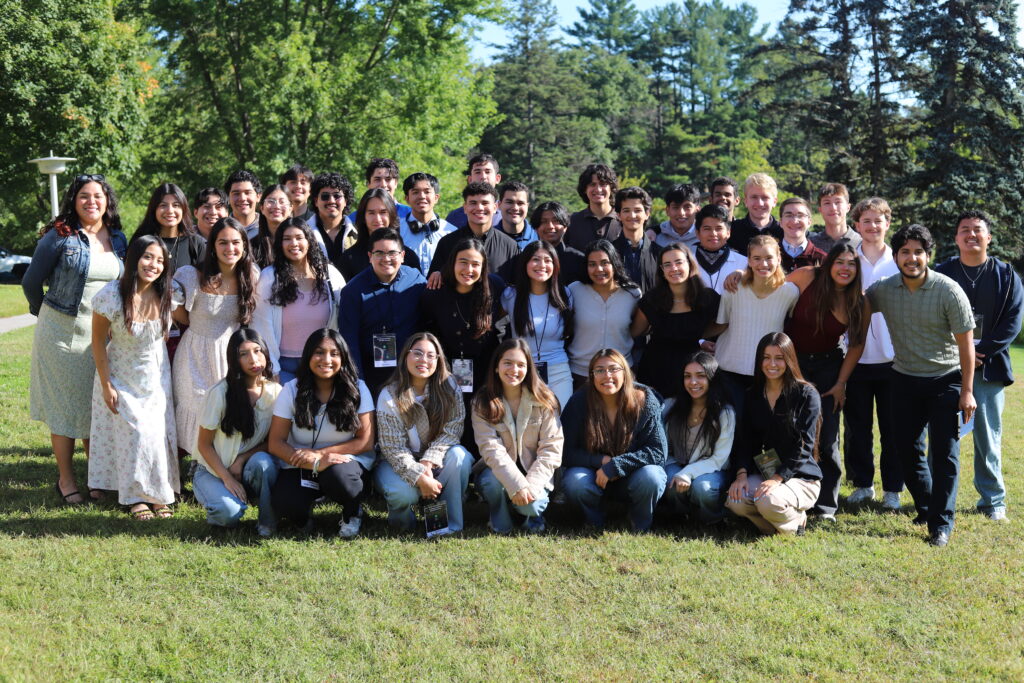Leaders from diverse backgrounds are seeking to expand their voice in order to make a more impactful difference in their communities and workplaces. And to accomplish their goals they are leveraging one of the University of St. Thomas’ newest graduate degree offerings, the Master of Arts in Diversity Leadership.
Whether championing health equity, advancing inclusion and belonging initiatives, or fostering belonging for underserved populations, professionals like Kaia Hirt, Amanda Pyle, Marilee McGraw and Jayce Alexander say that the program equips them with the knowledge, connections and confidence to lead systemic change.
The four master's degree students shared their experiences in the asynchronous learning diversity leadership program with the St. Thomas Newsroom.
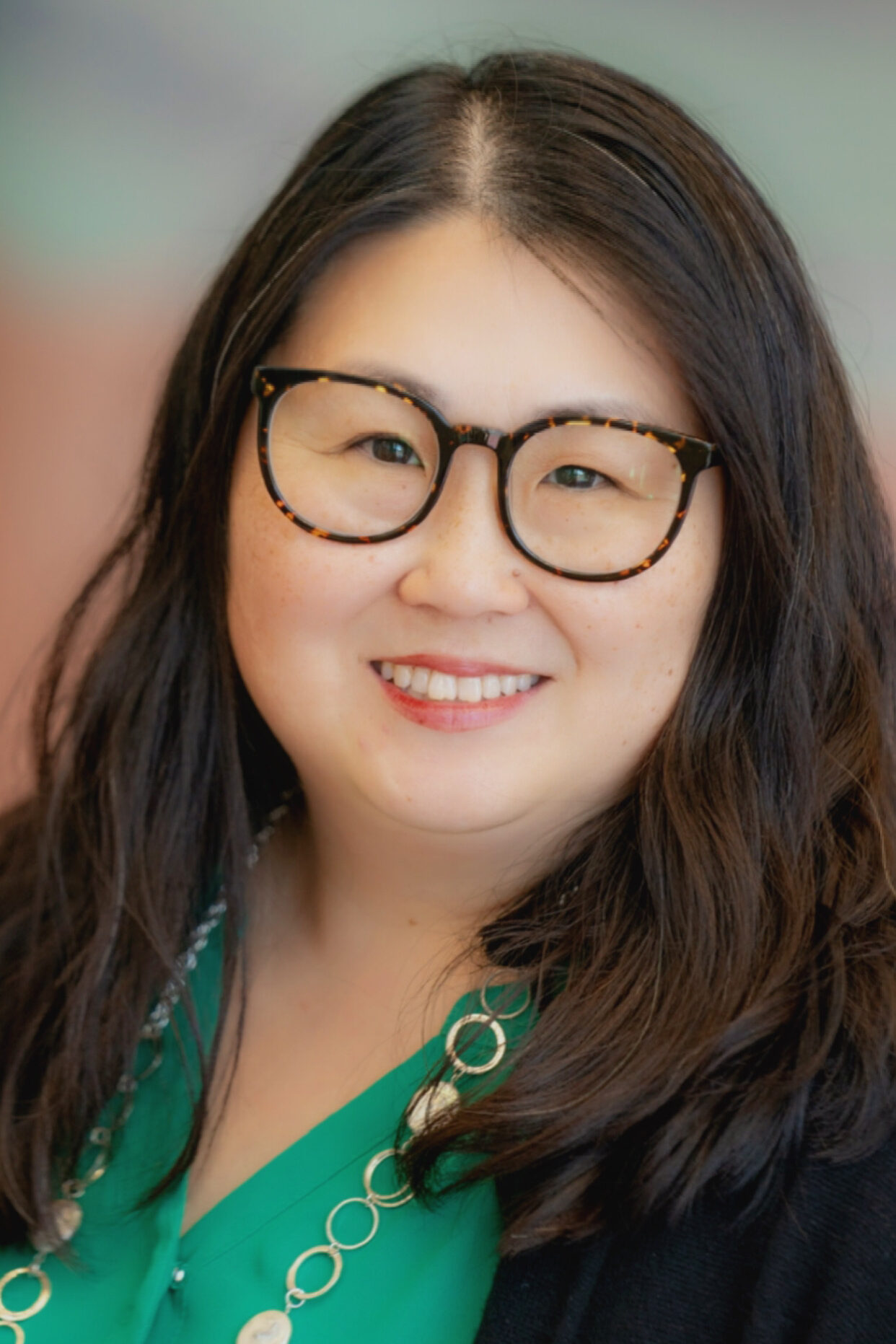
Kaia Hirt
Can you share a bit about your background and what led you to pursue a Master’s in Diversity Leadership?
I’m a former high school teacher of nearly 20 years. Increasingly over the past few years, I started to wonder if I could do more to make a difference. But what if I could do the same kind of work in professional spaces? Adults need to feel safety and belonging in their places of business and employment. I chose the Master’s in Diversity Leadership program at St. Thomas because teaching students about equity and then sending them into a workforce that is not equitable or inclusive seems illogical.
What were your goals when you first entered the program?
My lived experiences as an Asian American woman and transracial adoptee have taught me about inequity, sometimes through hard lessons. I would often develop an idea, champion it, and then be excluded from working on the project after it was approved because I lacked the credentials or because the project was outside the scope of my responsibilities.
Kaia hirtMy goal is to gain expertise and skills in diversity leadership that will allow me to pursue work that is fulfilling and support others in doing the same.”
How has the community at St. Thomas supported your journey?
The MADL professors have been so responsive and supportive. There is a sense that they enjoy what they are doing and like hearing from me and others in the classes. It motivates me to engage and challenge myself.
The community in MADL is incredible. It’s diverse in terms of race, gender, age, sexuality, culture, disability and background. This diversity enriches conversation because there are multiple perspectives represented.
What would you say to someone considering the MADL program at St. Thomas?
I would recommend this program because the professors are incredibly knowledgeable, responsive, and engaging. Not only do I love what I’m learning about, but I also love how I’m learning. I work full time and have a family. I want a healthy work, school and life balance. The fully online asynchronous classes are perfect for me. I could absolutely not do this if the program were a traditional in-person format.
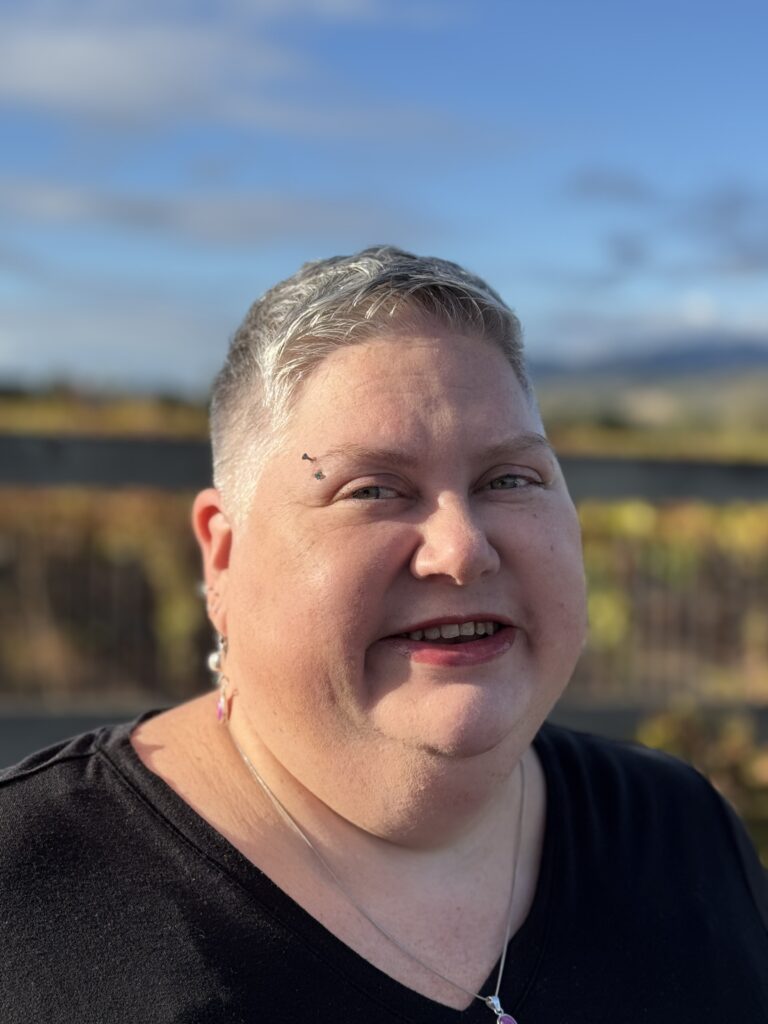
Amanda Pyle
Can you share a bit about your background and what led you to pursue a Master’s in Diversity Leadership?
I have an undergrad degree in special education and a master’s degree in public administration. Part of my current job requires outreach to underserved communities in the San Francisco Bay Area as related to using services for people with intellectual/developmental disabilities.
What attracted you to the University of St. Thomas and the MADL program specifically?
I was looking broadly at leadership programs in general when I stumbled on to the MADL program. I was excited to apply for MADL after reviewing the St. Thomas website and seeing the LGBTQIA+ resources and the diverse coursework being offered. Additionally, the program affordability played a big role.
What were your goals when you first entered the program?
To be honest, I decided to go back to school because my brain needed challenge and engagement that I wasn’t getting, and I wanted to find like-minded people willing to explore new areas. I anticipated the focus on diversity across a large variety of settings would be helpful in both my current role and my long-term goal of being an executive director in the California regional center system.
Now that you’re in the program, have your goals or perspectives shifted?
The program hasn’t changed my goals, but it has helped broaden my perspective.
amanda pyleIt has given me new language and resources to present needed DEIB-related changes to both my team and my executive management colleagues, backing up messaging with research.”
How has the program impacted your day-to-day life or work environment so far?
I’ve led my department through hard-to-talk-about topics in a variety of ways, from small-group research to personal case study examples while creating space for debriefing. I’ve encouraged my colleagues to consider that we are not expected to know everything related to inclusion and belonging, but we should expect ourselves to grow comfortable seeking knowledge, wrestling with difficult diversity-related topics, and show staff we are willing to listen and try to affect cultural change.
Have any unexpected opportunities or doors opened for you since starting the program?
This has helped me grow my confidence in difficult settings, finding the balance between vulnerable leadership and confidence in the knowledge and perspective I have acquired.
How has the community at St. Thomas supported your journey?
I am amazed at how supportive the St. Thomas MADL faculty has been, whether it’s providing space to meet and talk through course content that I am wrestling with or creating a safe space to show up as my authentic self. We’ve engaged in some difficult conversations from very different personal backgrounds and yet we’ve always been able to come out stronger and more collaborative.
Have you faced any challenges in the program, and if so, how have you overcome them?
I have had a number of unexpected personal issues arise during my first year. Professors have been so flexible in helping me figure out how to get work done within the class dates while also being open to extensions. Experiencing personal challenges that impact how I can show up for school, needing to be open with professors, and working with professors to identify personal capacity limitations and solutions has also been helpful in developing my self-awareness and expectations of myself.
As you look toward completing the program, what are your goals after graduation?
I started my post-undergrad career as a teacher, come from a line of teachers, and have wanted to be able to take on some work as an adjunct college professor to pair with my full-time job. As a person with a disability and a 25+ year career in disabilities paired with an educational background in public administration and soon to be diversity leadership, I feel this will uniquely position me to teach from the lens of disability diversity leadership and social justice.
What would you say to someone considering the MADL program at St. Thomas?
I recommend the MADL program to anyone looking to further grow their knowledge and leadership around work practices that contribute to a culture of inclusion and belonging. The information you learn in this program will help you think critically about workplace culture, staff morale initiatives, and your personal leadership style and goals.
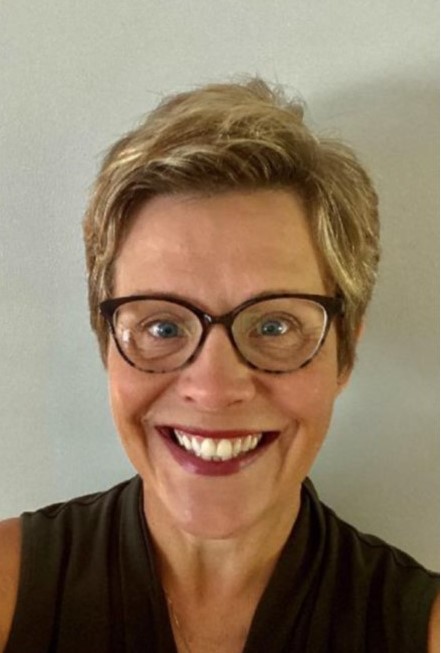
Marilee McGraw
Can you share a bit about your background and what led you to pursue a Master’s in Diversity Leadership?
I am a registered nurse by training and a child of deaf adults (CODA) by birth. For decades, I have witnessed inequities in health care and health literacy and am working to create more equitable care and resources, particularly for people with disabilities.
What attracted you to the University of St. Thomas and the MADL program specifically?
Truthfully, I was at the MSP Airport, gate F, when I had an aha moment. I was frustrated by the never-ending use of “all” in relation to health care. Resources for all. Access for everyone. The “all” and “everyone” are aspirational and performative. I Googled “masters and diversity,” and the St. Thomas MADL program was the first to pop up. I had a visceral response that this was meant to be. One more year to go!
What were your goals when you first entered the program?
My goal was to increase my knowledge regarding equitable access and become more culturally aware. I felt that completing the program would provide the skills necessary and credentials to make meaningful change.
Now that you’re in the program, have your goals or perspectives shifted?
My perspective has absolutely changed. I can’t “unknow” any of the information I have learned, and I am more passionate now than ever.
How has the program impacted your day-to-day life or work environment so far?
marilee mcgrawYes! I’ve been asked to join the global equity group at BeiGene (my employer). I also joined the Minnesota Cancer Alliance to help write the equity objectives for the 2030 Minnesota Cancer Plan, which will include disability for the first time.”
Have any unexpected opportunities or doors opened for you since starting the program?
Yes! This has been the biggest blessing. I started the program with the goal of becoming a more knowledgeable and effective ally in the health equity space. I have faith in the process and am confident I will end up where I am meant to be. I am incredibly grateful for all that I have learned.
How has the community at St. Thomas supported your journey?
This is my first asynchronous course. I graduated from St. Kate’s in 1991 – things were certainly a lot different. I enjoy in-person learning, yet the flexibility has been critical to completing the coursework thus far.
Have you faced any challenges in the program, and if so, how have you overcome them?
The biggest challenge has been working full time while taking courses. I am looking forward to the day when I don’t have homework.
As you look toward completing the program, what are your goals after graduation?
Through these courses, I’ve learned a lot about myself. I am fired up about social justice and look forward to working closely with patients and clinicians in creating more equitable places and spaces. Having the degree provides credibility (I’m not just talking the talk) and the knowledge to work inclusively across diverse groups.
What would you say to someone considering the MADL program at St. Thomas?
It worked for Nike – “Just do it!”
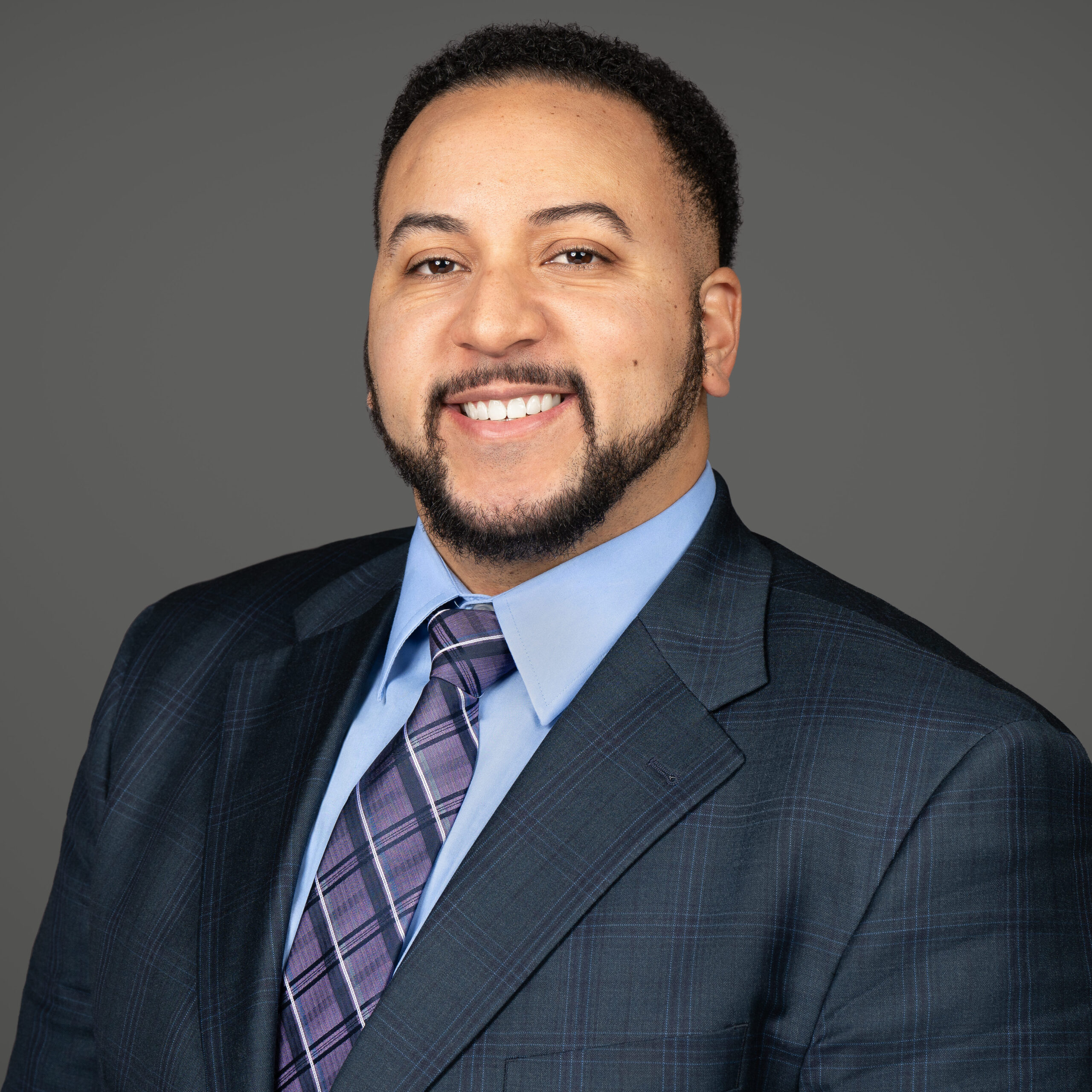
Jayce Alexander
Can you share a bit about your background and what led you to pursue a Master’s in Diversity Leadership?
I am currently the senior DEI (diversity, equity and inclusion) coordinator for the city of Minnetonka. I also have my own DEI consulting business called Clear Lens Consulting. What led me to pursue a Master’s in Diversity Leadership is that I consider myself to be a lifelong learner. The intersections of my identities and the various environments I’ve found myself in have inspired me to choose this field.
What attracted you to the University of St. Thomas and the MADL program specifically?
I was attracted to the University of St. Thomas because it’s something I’m familiar with. As a Hamline graduate, I had some understanding of St. Thomas as an institution already. There were other programs I considered, but none of them offered the holistic experience I was looking for.
What were your goals when you first entered the program?
I have been doing equity work for years and yet struggled to list the elements of this work on my resume. I envisioned this degree helping with my credibility and to learn more about the ways DEI can and should show up in the spaces we inhabit.
Now that you’re in the program, have your goals or perspectives shifted?
The credibility piece is still important to me; however, my perspective has shifted as I’ve been able to learn more about the different topics this course covers to come to a deeper understanding of information I was already familiar with.
How has the program impacted your day-to-day life or work environment so far?
This program has impacted my day-to-day life by helping me to build connections with others who are in similar positions. I’ve had wonderful professors who have helped me in numerous ways outside the classroom. I’ve had the ability to bounce work scenarios off of professors and get their feedback.
Have any unexpected opportunities or doors opened for you since starting the program?
There have been numerous opportunities that have opened since starting the program. The access to the network is one important element. Another is the certifications or job openings that professors share and encourage us to apply for.
How has the community at St. Thomas supported your journey?
The faculty for this program are exceptional. They have created thought-provoking courses and intentional dialogue to allow us to continue to grow in our practice. I’ve been able to connect with students from the first cohort. It has been a great experience to support one another through this busy time.
Have you faced any challenges in the program, and if so, how have you overcome them?
Outside of class, I’ve had situations arise at work that were difficult. The program has equipped me to have the resources needed to back positions I’m pushing forward.
As you look toward completing the program, what are your goals after graduation?
Jayce alexanderI see this degree helping me to achieve my goals by helping me think more intentionally about how I can implement what I already know as well as what I’ve learned to create real systemic change.”
What would you say to someone considering the MADL program at St. Thomas?
I would tell anyone considering the MADL program to go for it! This program has exceeded my expectations. The professors are the real cause of that. They are dedicated to this work and excited about their content. They want to know what ideas we bring into shared spaces and how they can support us.
